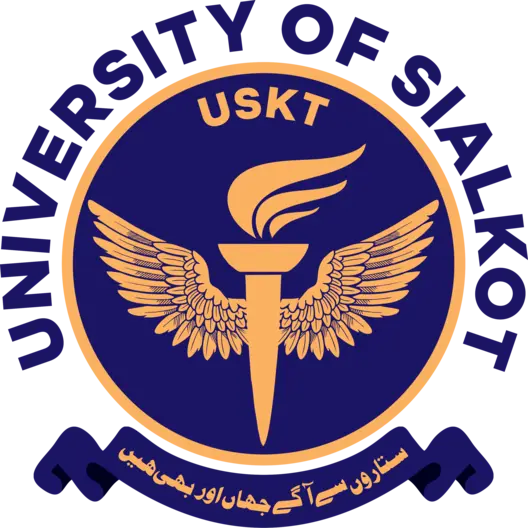
The economic role of the state, small industry, and special economic zones in Pakistan: History, present, and future perspectives
Authors: Muhammad Ramzan
The development of small and medium-sized industries (SMEs) and special economic zones (SEZs) is an effective strategy for stimulating trade, employment, and economic development in a county. The government has taken the lead in promoting these two, and it has been observed that the government has contributed significantly to Pakistan's economic modernization. To this end, the focus of this review study is to highlight the government's footprint in upgrading SMEs and SEZs in order to boost the economy, since both of these sectors provide a large number of jobs, tax income, and foreign exchange, all of which are essential to the economic sustainability. It is observed that the annual SMEs output to GDP ratio in Pakistan from 1990 to 2019 was 0.206 %, which is not encouraging. The principal reason for this low contribution is Pakistan's lack of adequate financial facilities for SMEs, with only 175 financial institutions serving the majority of the country's 3.8 million SMEs. Furthermore, SEZs' effectiveness is hampered by a lack of infrastructure, electrical shortages, and their remote location. Thus, the study suggests that there is a need to enhance ICT adoption, skills, product market, labor market, and financial health in order to build sustainable economic growth. The establishment of industrial estates and SEZs based on ease of doing business and open investment opportunities for anyone will be a more effective method for correcting Pakistan's economic development.
